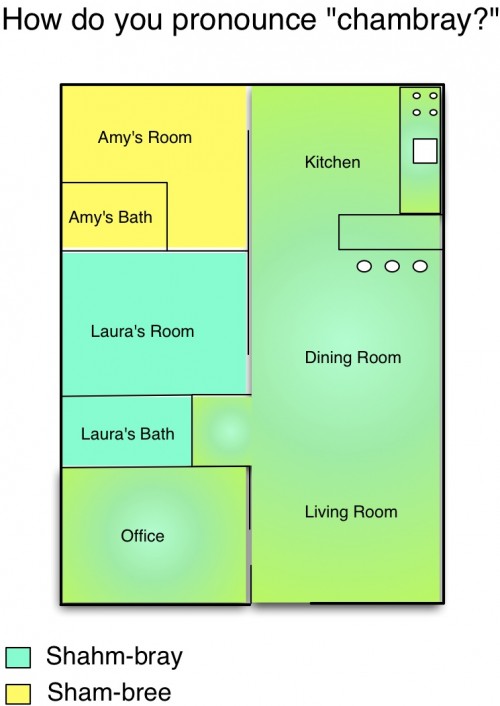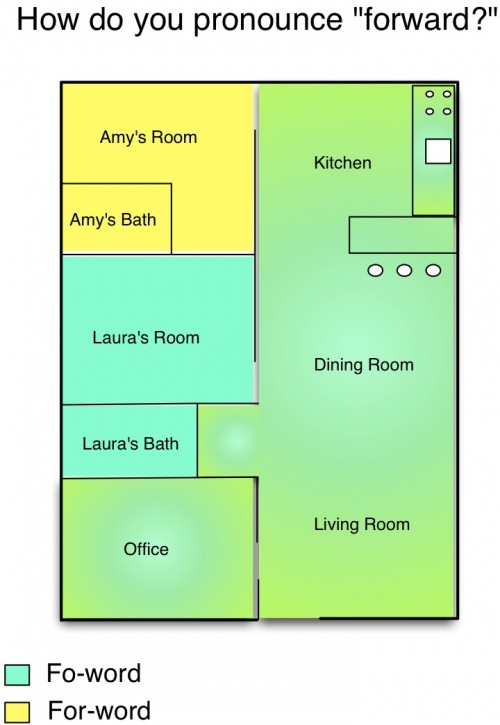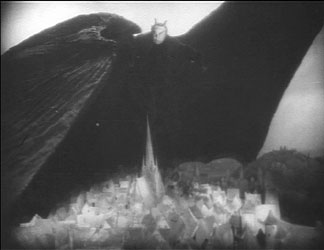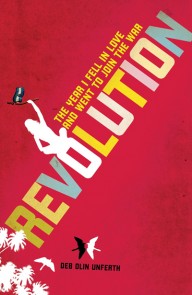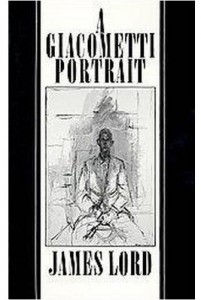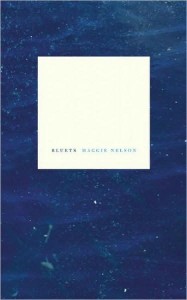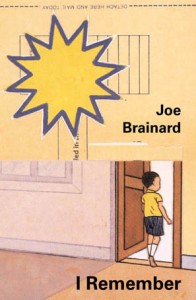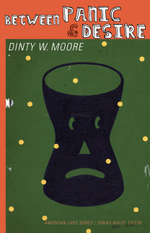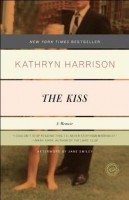 I’ve been reading, finally, The Orchid Thief, the first third of which, at least, is about a collector and other collectors like him. Of orchids. These collectors have this life- and body- and marriage-overtaking urge to hunt for the most, the weirdest, the most unusual, the most hidden. When a hurricane hits Florida, some orchid lovers there think hardly about the devastation and wonder instead what seeds have blown in from the tropics, what odd variety will bloom next in some remote corner of a swamp, and will they be able to find it first. The main guy in the book, John LaRoche, first collected turtles with the same ardor, dropped those, and started something new until he finally arrived at orchids.
I’ve been reading, finally, The Orchid Thief, the first third of which, at least, is about a collector and other collectors like him. Of orchids. These collectors have this life- and body- and marriage-overtaking urge to hunt for the most, the weirdest, the most unusual, the most hidden. When a hurricane hits Florida, some orchid lovers there think hardly about the devastation and wonder instead what seeds have blown in from the tropics, what odd variety will bloom next in some remote corner of a swamp, and will they be able to find it first. The main guy in the book, John LaRoche, first collected turtles with the same ardor, dropped those, and started something new until he finally arrived at orchids.
If I had a garden (and I do), it could be filled with the commonest things as long as it were beautiful.
For I’m not a collector and I never will be, not of anything tangible, though on many days I wish I were. Collecting requires zeal for something so great that endless, mostly fruitless tedium can be endured in its pursuit. Collecting requires the acquisition of so much knowledge–it is after all not for the novitiate to know what is rare–so much that thinking of it makes my eyes hurt. There is a kind of ruthlessness, too, that I find whenever I read or hear about great collectors, whether it’s orchid thieves who will kill or be killed rather than surrender their finds, or used-book dealers elbowing and scratching one another when they spot a rare jewel at a book sale. I lack the zeal, the thirst, the ferocity.
I’m missing out. Walter Benjamin, a more famous collector than LaRoche, writes, “How many cities have revealed themselves to me in the marches I undertook in the pursuit of books!” Whereas if you wander aimlessly, with no object in mind, everything remains misted, hidden and dull. The best things don’t happen when you least expect them; the best things happen when you are stalking some other prey.
There’s no prey that taunts me that hasn’t already been shot down. This is why I can’t be a literary scholar. For what would I say? I love all the writers whom so many others already love. I couldn’t endure navigating some lesser, less-known terrain. So, mightn’t I find a new angle? This isn’t possible either: what I love about Austen and Nabokov and Woolf is what others love about them. It’s just that I think my love overpowers theirs.
This is what separates collectors from aesthetes. [Confession: I’m adapting/expanding this whole post, and especially the following two sentences, from something I posted on twitter last night.] Collectors prize what’s rare, and convince themselves that the rare is beautiful. Whereas aesthetes prize what’s beautiful, and convince themselves that their love is rare. I mean this last clause in two senses: they believe their love=the beloved is rare, in that sense of “as any she belied with false compare,” and they also believe the quality of their love=their own feeling for the beloved is rare, as in, more potent than the feeling of their rivals.
Both, of course, are softly deceiving themselves (ourselves) [see photo], and I would hazard that each has reason to envy, miserably, the other. I can’t know for sure, as it’s always near-impossible to find the enviable in one’s own sorry state.




